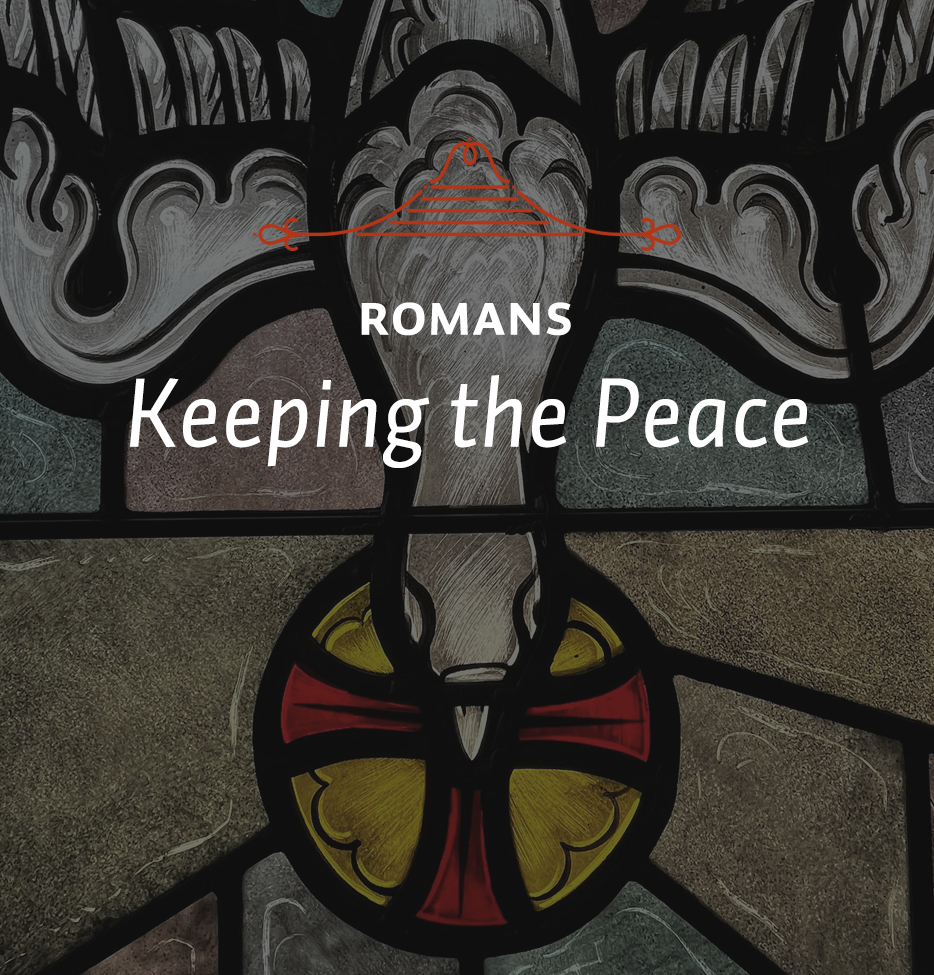The first thing we notice about Paul’s challenge to Christians to live a life of peace is his sobering realism. He begins, “If it is possible” and “as far as it depends on you…” (v. 18).
This way of speaking recognizes two potential sources of difficulty: 1) the behavior of other people may negate peace; and 2) there may be issues at stake that will make peace impossible even from the side of the Christian.
For example, truth cannot be bartered away or sacrificed just to maintain peace. Purity cannot be violated. Injustice cannot be condoned. James 3:17 says, “The wisdom that is from above is first pure, then peaceable.” So a prior, necessary Christian commitment to purity, truth, honesty, justice and other indispensable matters may make peace unattainable.
There may be issues at stake that will make peace impossible even from the side of the Christian.
Realism recognizes that this is a very wicked world. It knows that evil exists and recognizes that it must be resisted by all right thinking people sometimes even to the point of armed conflict.
In September 1938 Prime Minister Neville Chamberlain returned from Munich following his much-watched meeting with Adolf Hitler and greeted enthusiastic London crowds with the promise of “peace in our time.” He had just signed the infamous four-party agreement giving Germany the right to invade and occupy portions of Czechoslovakia. To maintain peace he had gone against his better judgment and had betrayed an ally. But it was not Chamberlain’s motive that was at fault. He was a man of peace who wanted to avoid a threatened blood-bath. What was lacking was his judgment. He was not sufficiently realistic about evil, and World War II was the result.
We also need realism of a positive nature. That is, there should be a realization that some things contribute to peace just as other things cause conflict and that, if we are Christians, we need to be on the side of the one rather than the other.
Here is some practical realism from the book of Proverbs.
“Hatred stirs up dissension, but love covers all wrongs” (Prov. 10:12).
“A fool shows his annoyance at once, but a prudent man overlooks an insult” (Prov. 12:16).
“Fools mock at making amends for sin, but good will is found among the upright” (Prov. 14:9).
“A gentle answer turns away wrath, but a harsh word stirs up anger” (Prov. 15:1).
“He who covers over an offense promotes love, but whoever repeats the matter separates close friends” (Prov. 17:9).
“Starting a quarrel is like breaching a dam; so drop the matter before a dispute breaks out” (Prov. 17:14).
“An angry man stirs up dissension” (Prov. 29:22). These verses tell us many things we can do to promote or encourage peace even if the other person is cantankerous and does not want it. Even though peace may not be attainable in every situation, believers are still to pursue peace as much as they are able. The rest can be left to God. As far as it depends on you, live at peace with everyone.






